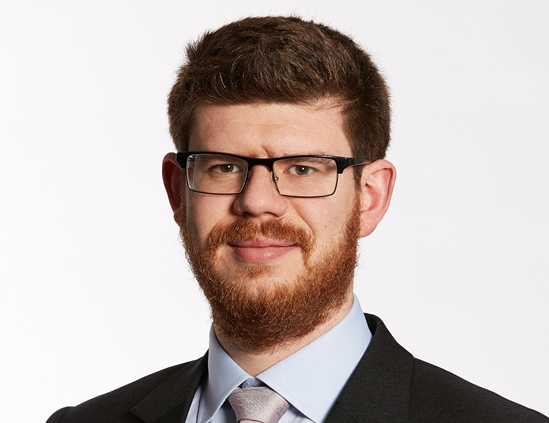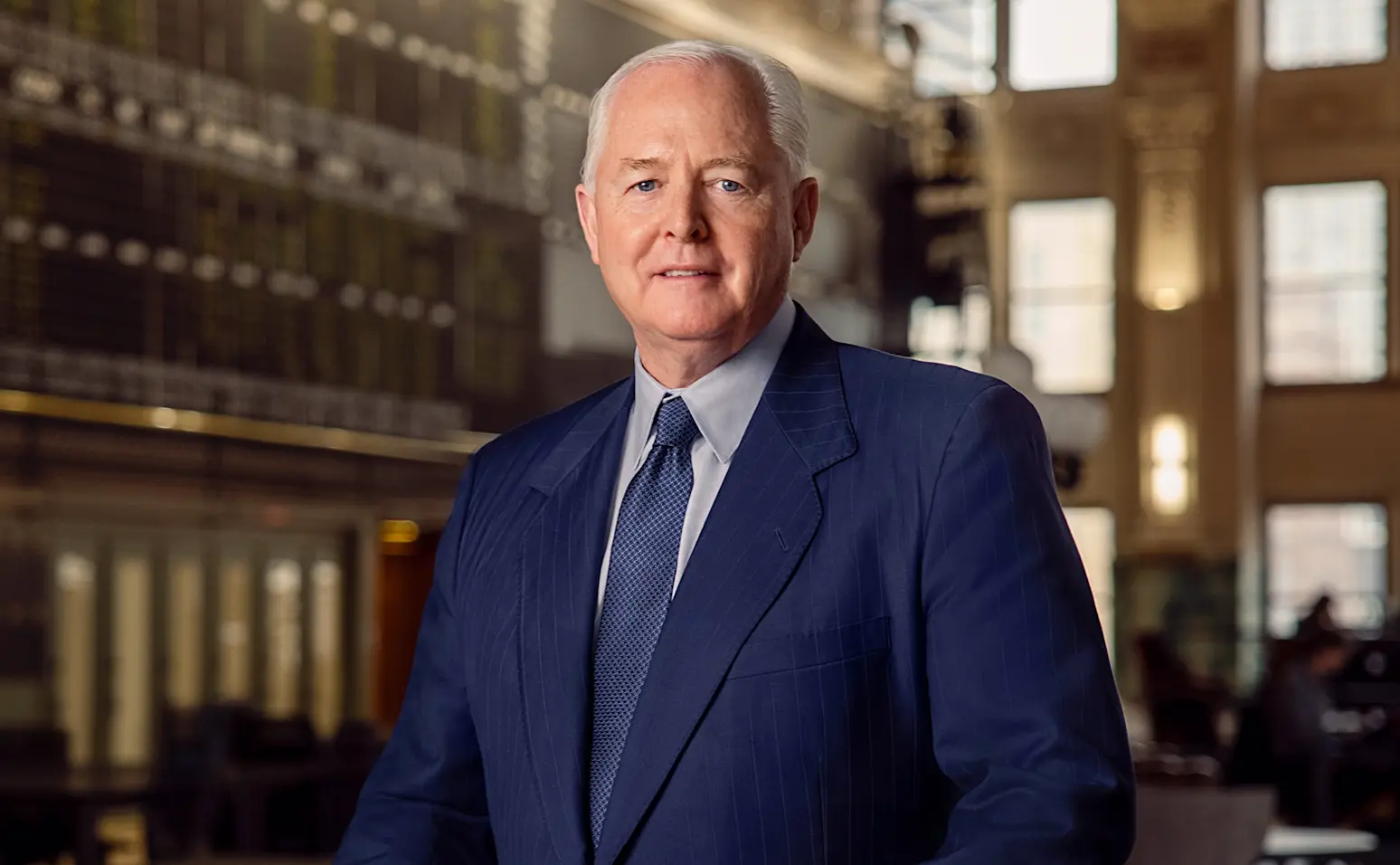ANALYSIS: New Eurex chief Booij talks ahead of appointment
24th June, 2024|Luke Jeffs

In his first public appearance since his appointment was announced in January, Booij spoke last week at the IDX conference in London, where the CEO-elect appeared on a panel of exchange leaders
Robbert Booij, the former chief executive of ABN Amro Clearing, will become on Monday next week the chief executive of Eurex Frankfurt AG, replacing Michael Peters who is retiring.
In his first public appearance since his appointment was announced in January, Booij spoke last week at the IDX conference in London, where the CEO-elect appeared on a panel of exchange leaders.
Asked about his early impressions of the new role, Booij told the delegation: “I have known Eurex for a long time, I have known Michael who is now going into retirement and I have worked very closely with Eric Mueller who runs the clearing house.”
He added: “I have always known Eurex as a market which is stable, resilient, innovative and trustworthy, and that is really what I have found in my first weeks. I think the next part is to reconnect with the customers. Many of them I have known for a long time because the clients of my former employer are also clients of Eurex so it’s good I have those relationships.”
Booij said the recent movement in European interest rates has boosted demand for the exchange’s European interest rate derivatives products where the Frankfurt-based market has ambitions to become the home of the Euro yield curve.
He continued: “Apart from that we also see structural growth in our equity products where we are trying to bring the institutional swap business to the exchange and to give them the opportunity to be cleared at a central counterparty so we are seeing a lot of interest in our total return futures product and our ESG products are also attractive to investors.”
Eurex and its rival Intercontinental Exchange launched on the same day in March the industry’s first total return futures based on MSCI indices.
Booij added: “Recently, daily options are picking up which provides a good alternative for shorter term risk management and the EuroStoxx 600 index is proving to be a good alternative to the inclusion of the Granola stocks and I am very pleased also that we will be launching weekly options on June 24.”
The future Eurex CEO offered a nuanced view of regulation, which was voted the industry’s main concern by the delegation at the London-based conference.
“If we look at Eurex, we are also seeing as a result of the introduction of MIFID which was aimed at promoting competition which it certainly achieved, we are seeing an extremely fragmented landscape in Europe. There are the opportunities to trade the same products on multiple venues. For equities, you can also consider regulated markets, systematic internalisers and dark pools.”
His comments came one day after Alexandra Jour-Schroeder, deputy director general of the European Commission's Directorate-General for Financial Stability, Financial Services and Capital Markets Union, said the European regulator is looking at changes to enable the consolidation of market infrastructure in Europe.
She said the current fragmented nature of the European market is a turn-off for international investors.
Booij added: “That has a significant effect on efficient price formation processes and you see more trading off order-book against the order book whereas we believe the order book is very relevant for risk management and price formation purposes. That is a concern.”
Thinking about regulation more broadly, Booij said: “There are often reasons why regulation has been put in place. Think of the G20 commitments to promote safer trading and clearing, they are there for a reason. Think about DORA (the Digital Operational Resilience Act). For many people, that is going to be a big hassle for months but it’s also there to make sure that markets are safe and to address cyber-security concerns, so it has a purpose.”
DORA is set to apply across Europe from January next year.
Lastly, Booij was drawn on EMIR 3.0 which is trying to force European firms to clear some of their interest rate derivatives in Europe, a political move to require firms to reduce their reliance on the London-based firms that clear these products today.
“I have always advocated for customer choice and I believe that customer choice means you can choose where you want to clear your contracts depending on market liquidity and risk management standards and how you are treated as a customer.”
Booij concluded: “Looking at Eurex, I see we have a great team and a great system. Also, looking at prices, I think they are very competitive as well so there is choice. One thing I have always believed is that customers should decide for themselves where they want to clear. I understand the regulatory focus but I also believe that customers have a credible alternative clearing at Eurex.”


